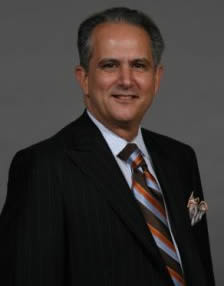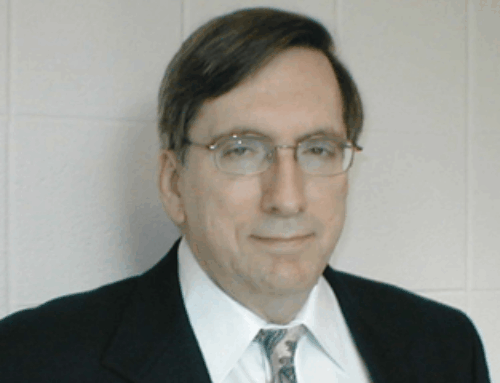 Dr. Alex Chediak, the 2007-2008 President of the American Academy of Sleep Medicine (AASM), is a leading sleep medicine clinician who is Chief of the Sleep Disorders Center at Mt. Sinai Medical Center in Miami Beach, the largest private, independent, not-for-profit teaching hospital in South Florida. He is also Medical Director of the Miami Sleep Disorders Center in South Miami and Associate Professor of Medicine at Mt. Sinai, where he specializes in teaching on the mechanisms of disease.
Dr. Alex Chediak, the 2007-2008 President of the American Academy of Sleep Medicine (AASM), is a leading sleep medicine clinician who is Chief of the Sleep Disorders Center at Mt. Sinai Medical Center in Miami Beach, the largest private, independent, not-for-profit teaching hospital in South Florida. He is also Medical Director of the Miami Sleep Disorders Center in South Miami and Associate Professor of Medicine at Mt. Sinai, where he specializes in teaching on the mechanisms of disease.
Born in Havana, Cuba, Chediak received his medical degree in 1981 from the University of Dominica School of Medicine in Portsmouth, Dominica. He completed a residency in internal medicine at the Louisiana State University Medical Center and a fellowship in pulmonary and critical care medicine at the University of Miami Jackson Memorial Medical Center. Chediak earned board certification from the American Board of Sleep Medicine in 1990. He is also board certified in internal medicine, pulmonary diseases and critical care medicine.
Chediak has been active in the AASM since becoming a member in 1989, serving as Publication Committee Chair and as a member of both the Political Action and the Fellowship Training committees, and most recently serving as board liaison to the Accreditation Committee and as a delegate to the American Medical Association House of Delegates. He was elected to the AASM Board of Directors in 2004.
He also has held numerous leadership positions in other professional societies and organizations, serving as a member of the Board of Directors of the Associated Professional Sleep Societies, on the Editorial Board of the Journal of Clinical Sleep Medicine, as Treasurer of the American Sleep Medicine Foundation, and as president of the Florida Sleep Medicine Society.
As the medical director of both an academic, hospital-based sleep center and a private, free-standing sleep center, Chediak understands the most pressing areas of concern for sleep specialists. Under his leadership the AASM will continue to educate public and private insurers about the beneficial effects of diagnosis, treatment and management of sleep disorders in centers and laboratories that have earned AASM accreditation. By making AASM accreditation a requirement for reimbursement of sleep medicine services, insurance providers help correct competitive inequities in the health-care system and ensure that sleep disorders patients receive the highest quality of medical care.
Recognizing the importance of physician training, Chediak has been involved in training doctors since 1989 and currently serves as program director of the sleep disorders fellowship program at Mount Sinai. During his term as President the AASM will continue to encourage growth in the number of sleep medicine training programs that are accredited by the Accreditation Council for Graduate Medical Education.
Other issues on which Chediak will focus include developing pay-for-performance measures for the sleep medicine field, fostering the educational offerings of the Sleep Education Series, promoting the new AASM Comprehensive Academic Sleep Programs of Distinction initiative, evaluating electronic medical records and other technologies that will affect the field, setting evidence-based standards for the field and developing clinical guidelines that promote the “best practices” in sleep medicine, as well as providing the public with evidence-based information.




